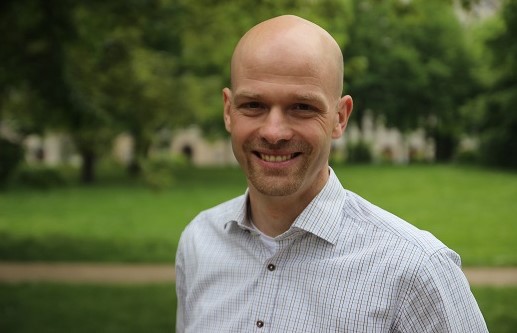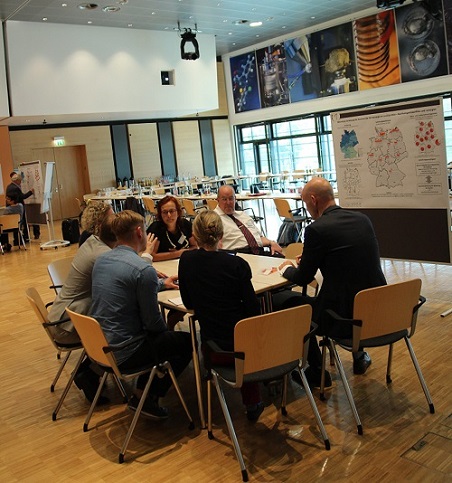The team of the research group MultiplEE is supported by a practice advisory board, which consists of representatives from companies, science, specialist agencies, environmental and planning authorities. Central milestones of the research project, such as current (political) developments around wind energy, planned publications or suitable formats for the exchange of knowledge with practice are discussed here at an early stage.
Last Wednesday, the research group invited to this year’s advisory board meeting 2019 at the Villa Tilmanns in Leipzig. After project leader Paul Lehmann introduced the project with an overview lecture on current research results, Jan-Niklas Meier presented the joint publication entitled “Does the climate package lack an area target for onshore wind energy? The team of the research group thus picks up the current discourse according to which the demands for an area of 2% provided for wind energy are becoming louder and louder in order to still be able to achieve the climate targets. Subsequently, the advisory board discussed various possible solutions and the feasibility of a concrete demand. In addition to further presentations on current research projects, the focus was on the exchange of information on the planned conference on areas for wind energy and the further planning of cooperation with the Advisory Board.
We would like to thank all representatives for their participation. Many thanks also to Jennifer Hauck, who moderated the event.
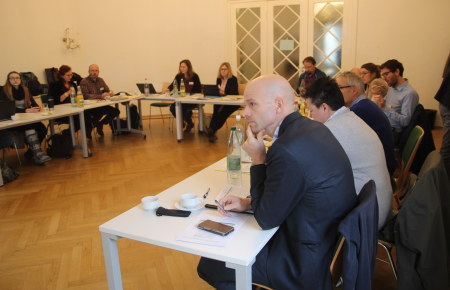
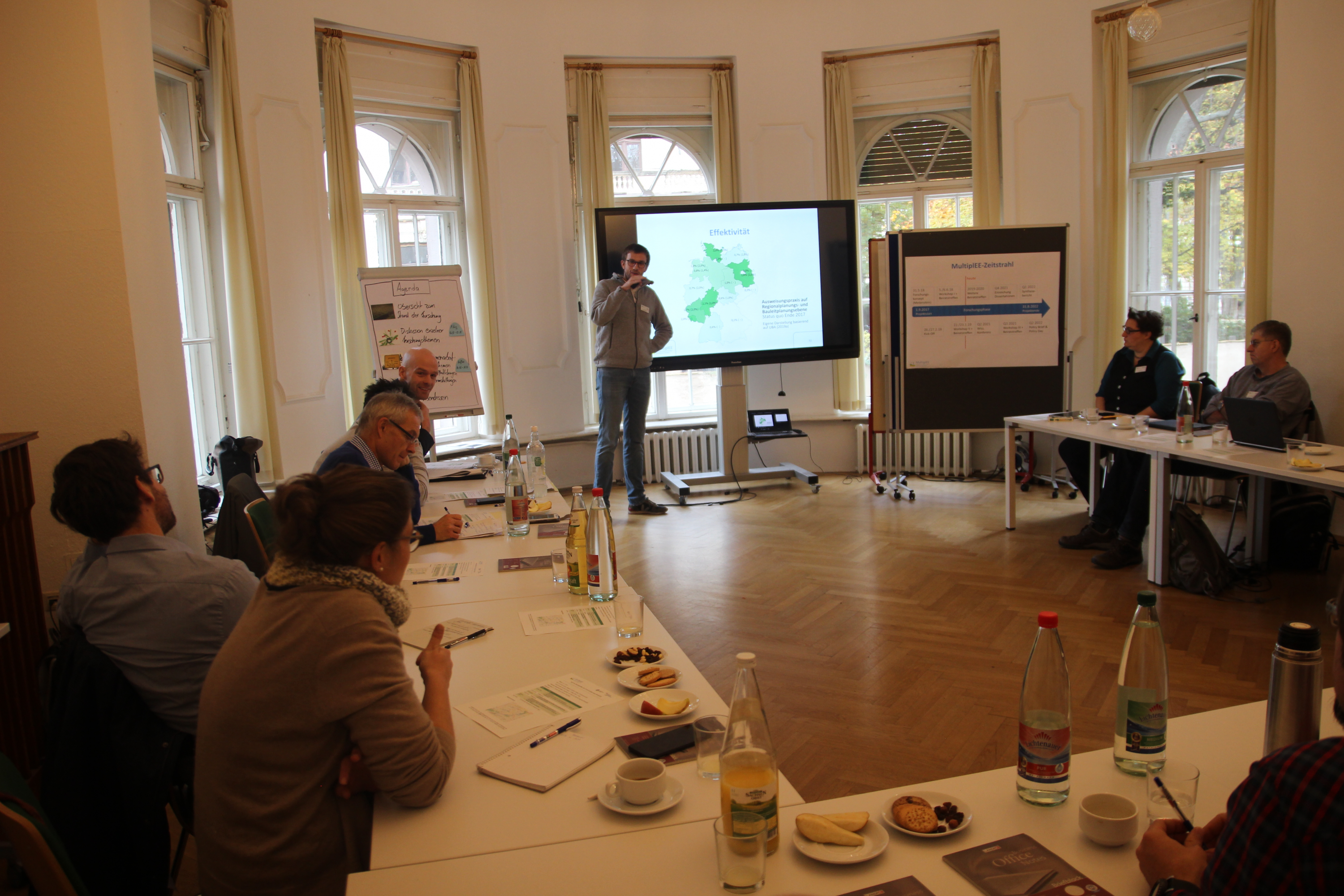


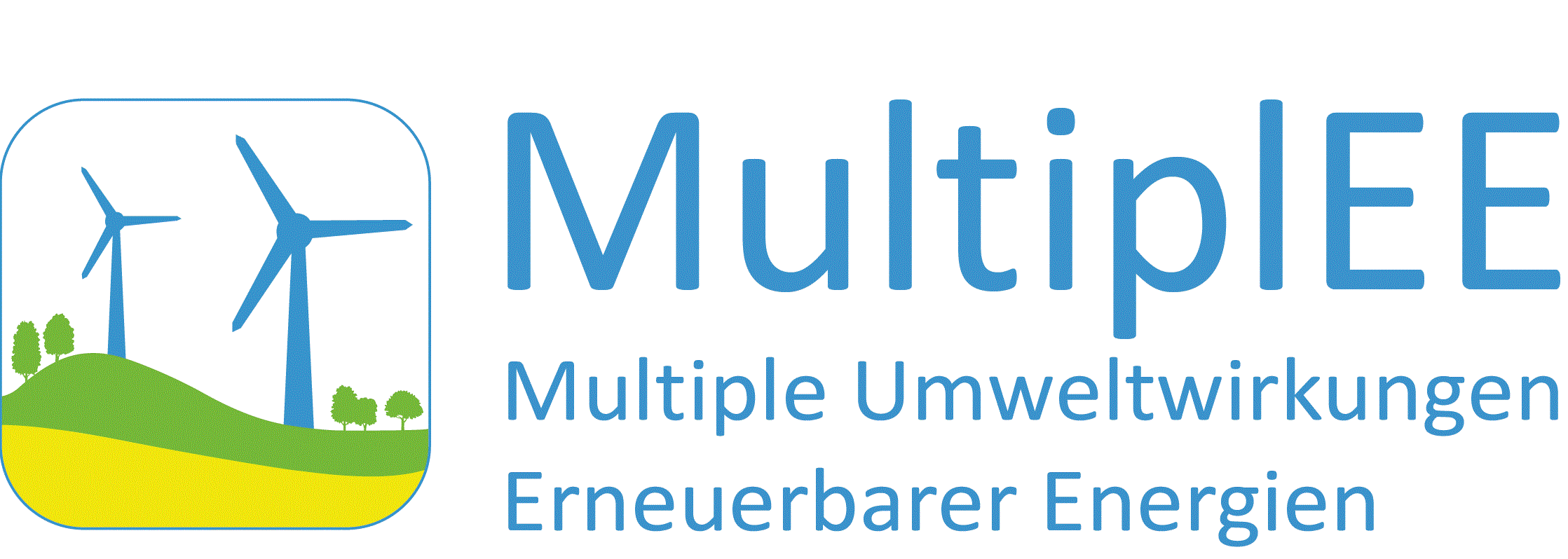
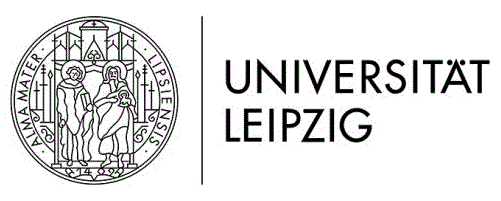

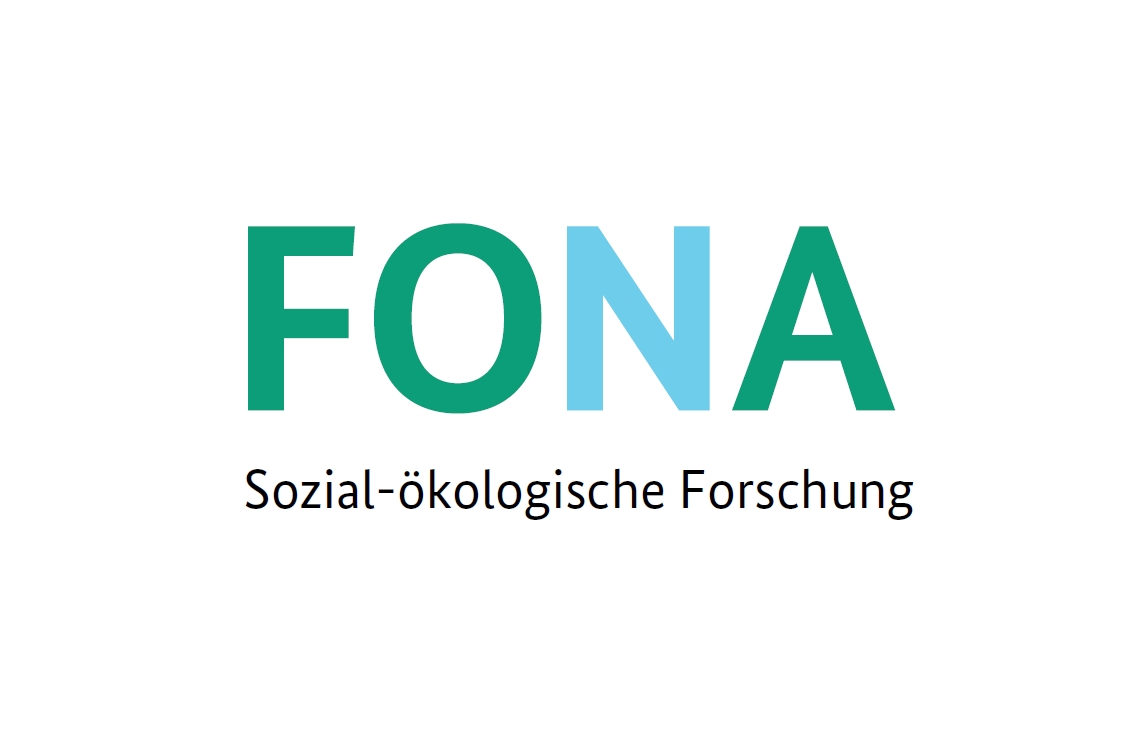
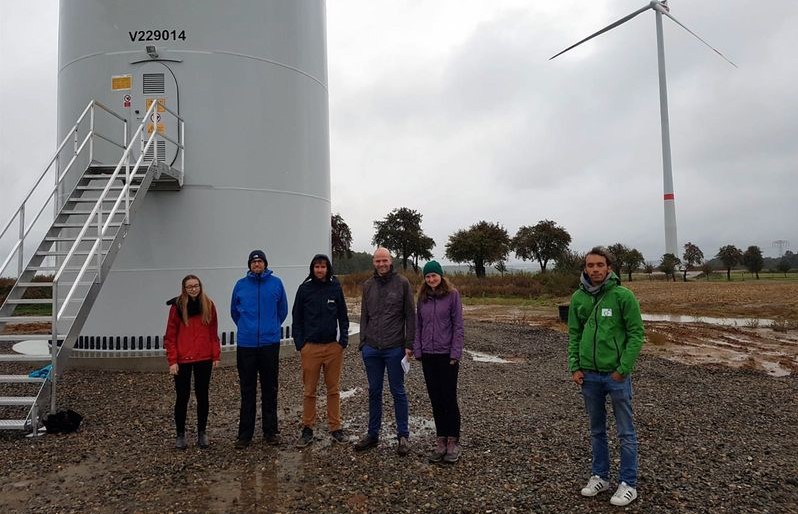

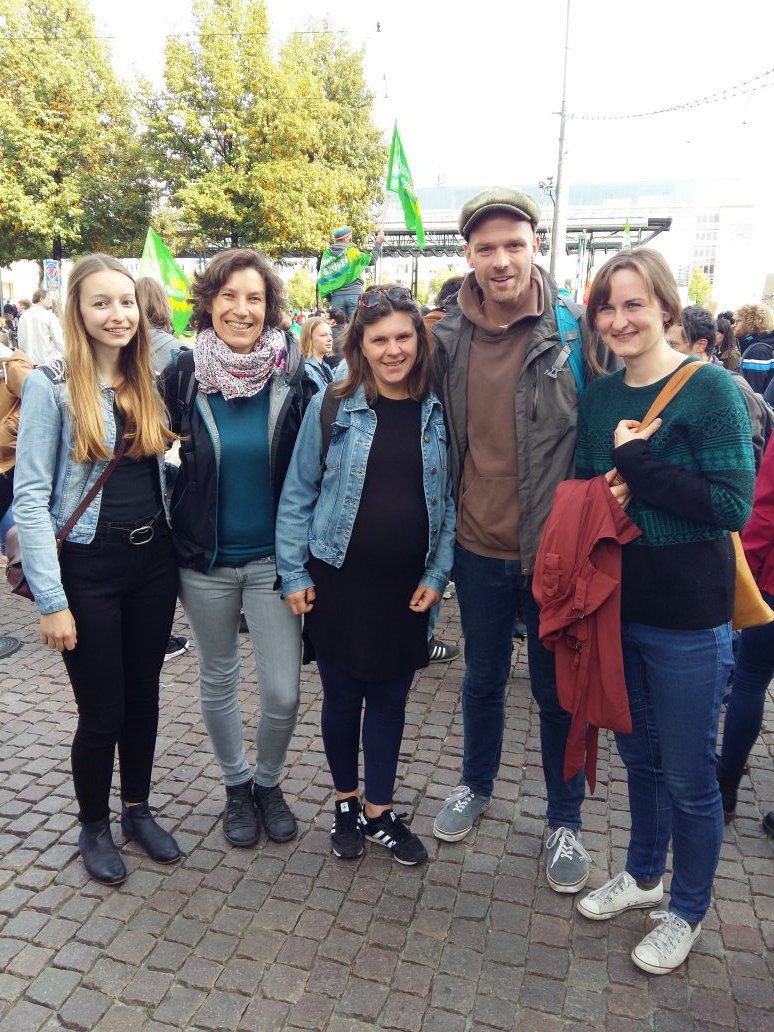
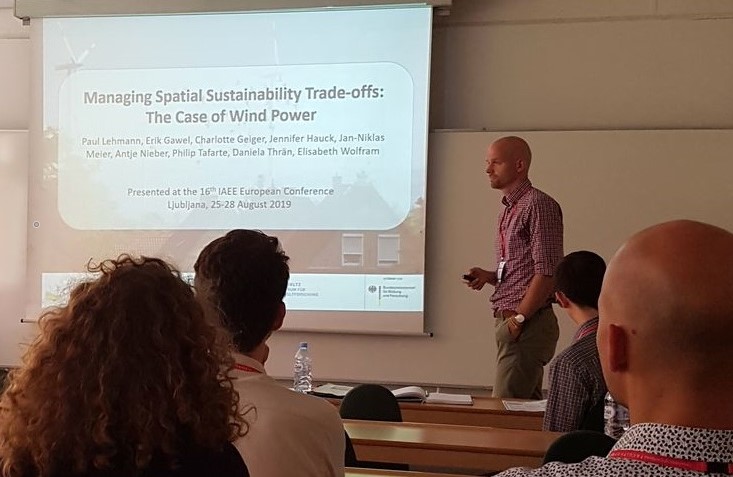
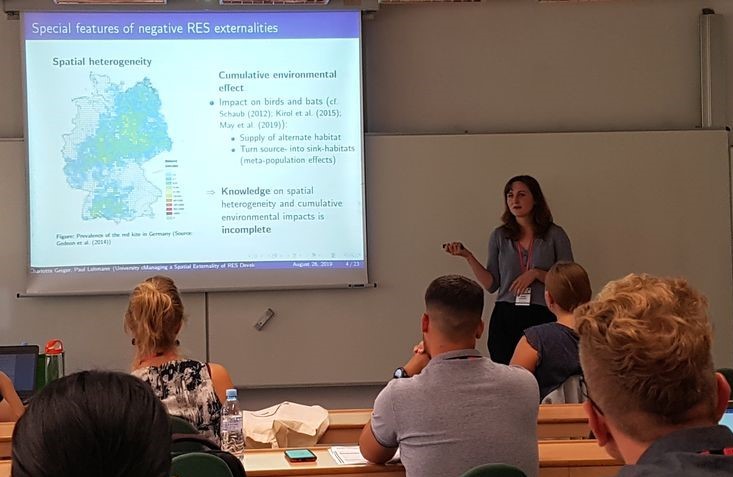
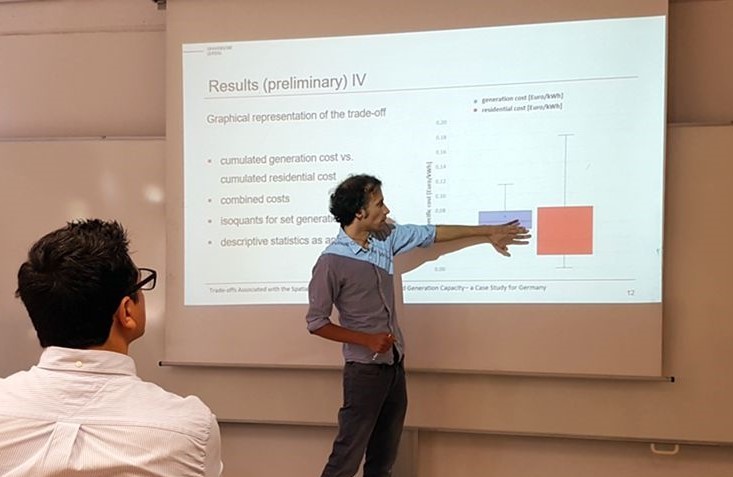
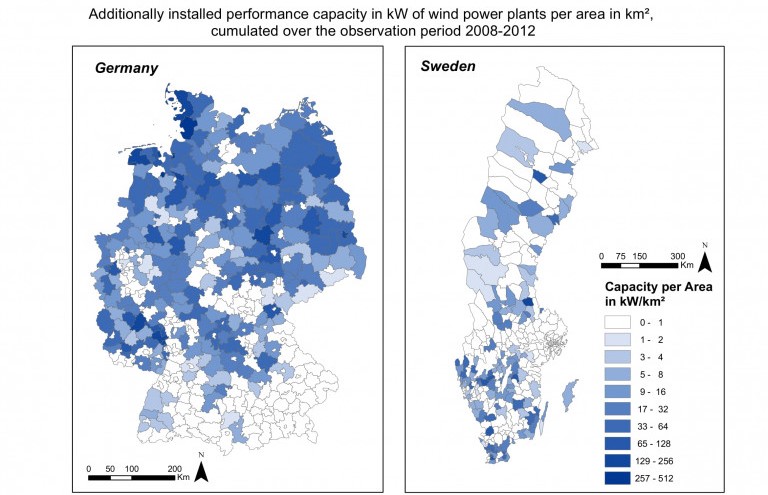
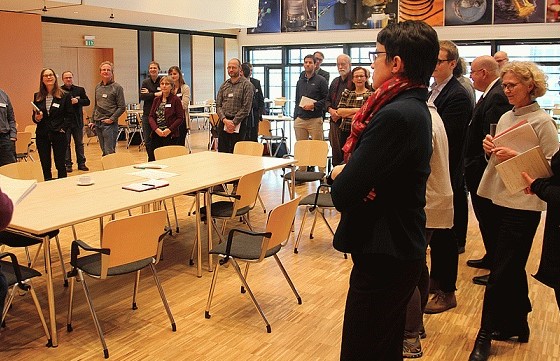
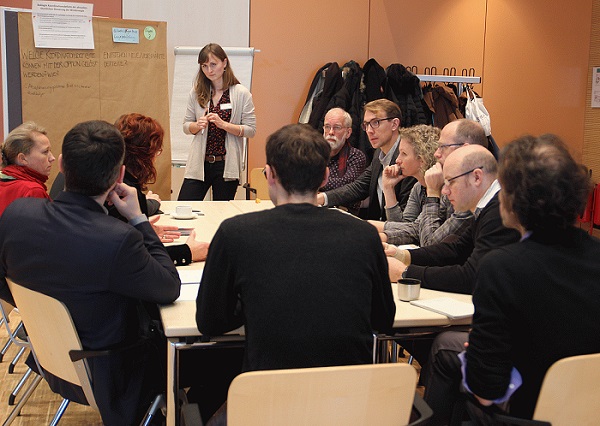
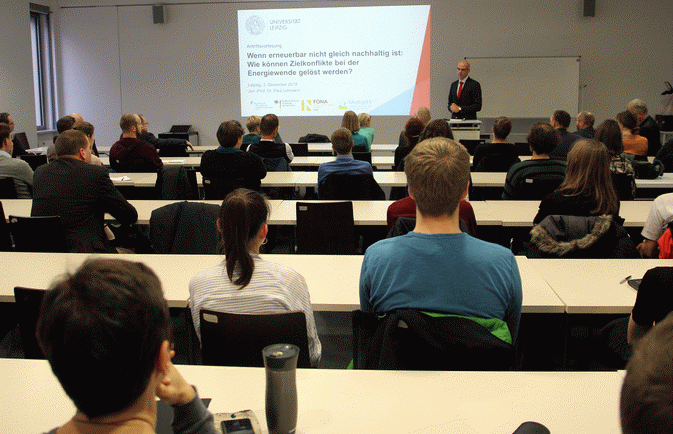
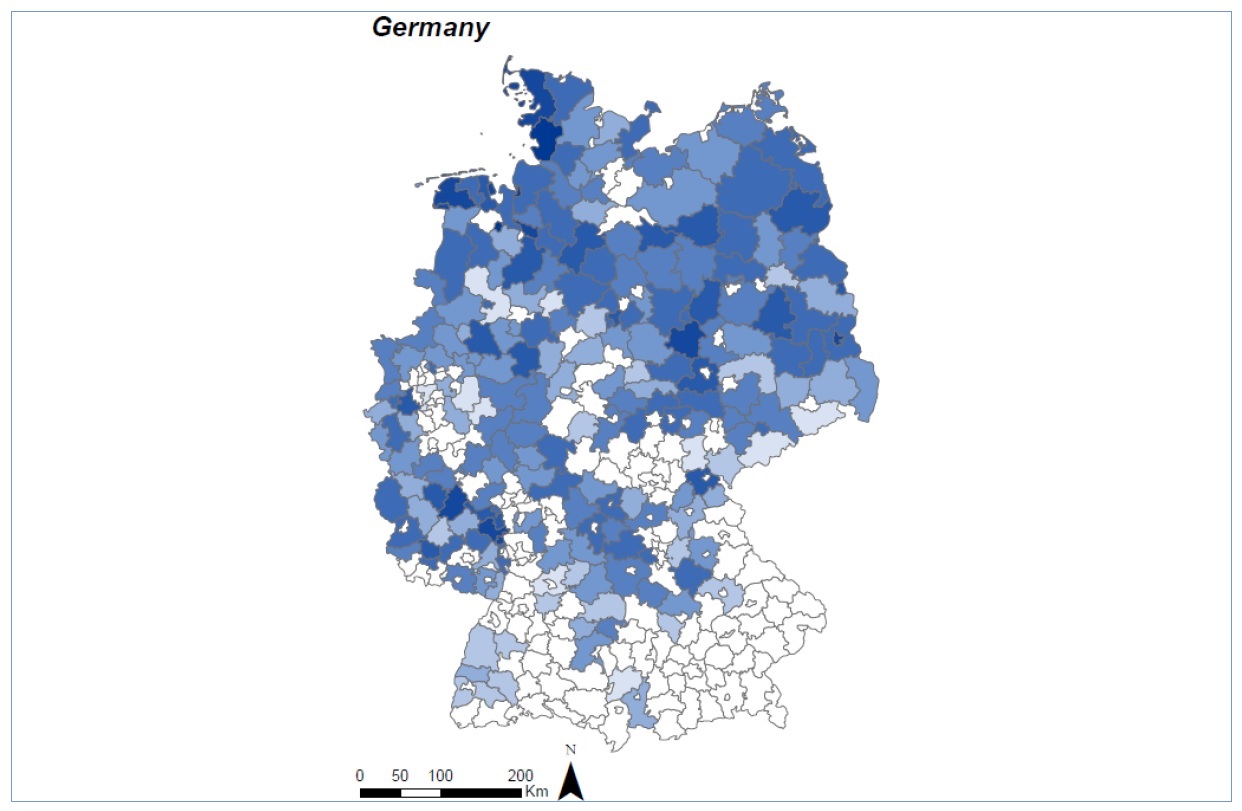 The expansion of renewable energies is progressing at different speeds within Germany. This development continues to be viewed with criticism. However, the regionalization of tenders do not offer a solution, comment Paul Lehmann and Erik Gawel of the Helmholtz Center for Environmental Research in their position in the
The expansion of renewable energies is progressing at different speeds within Germany. This development continues to be viewed with criticism. However, the regionalization of tenders do not offer a solution, comment Paul Lehmann and Erik Gawel of the Helmholtz Center for Environmental Research in their position in the 